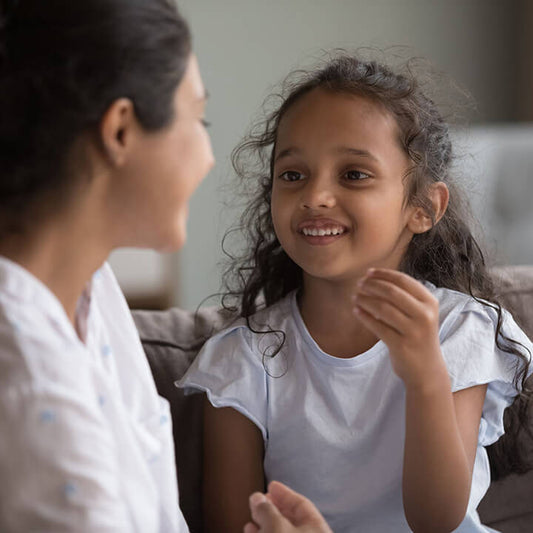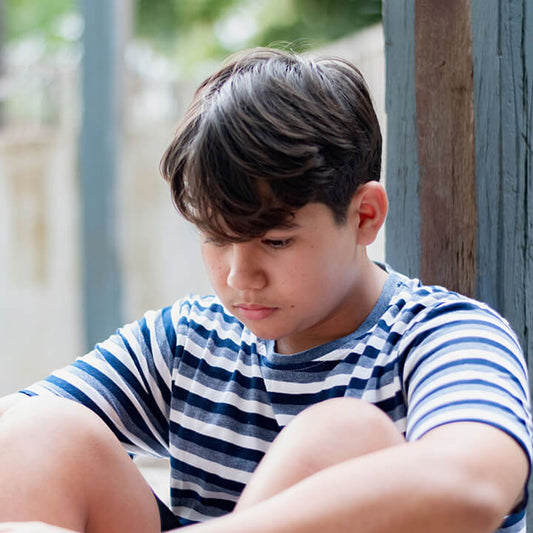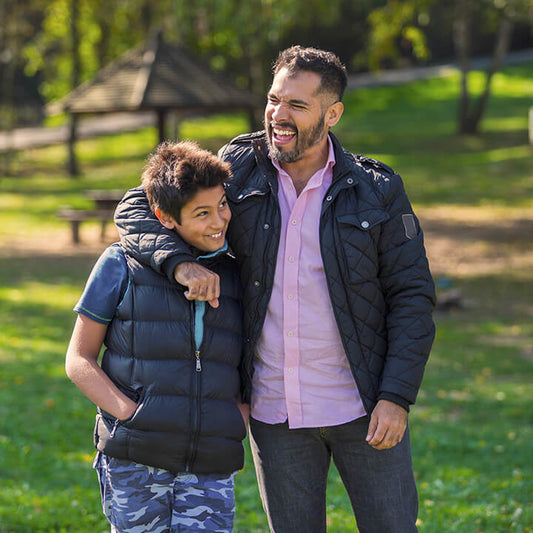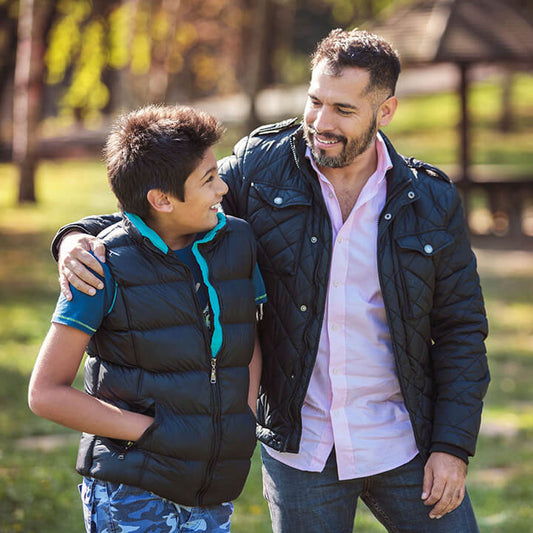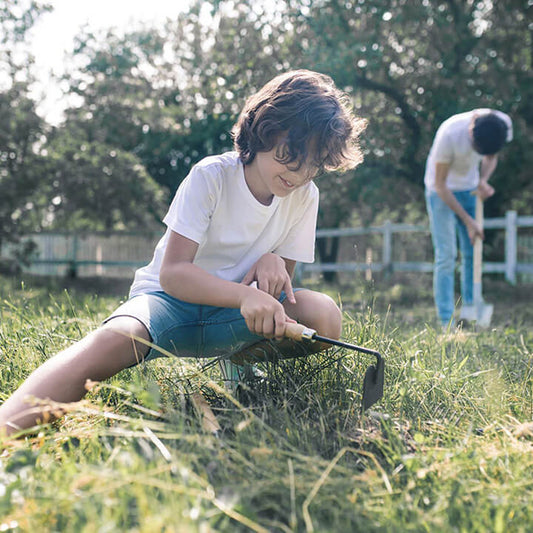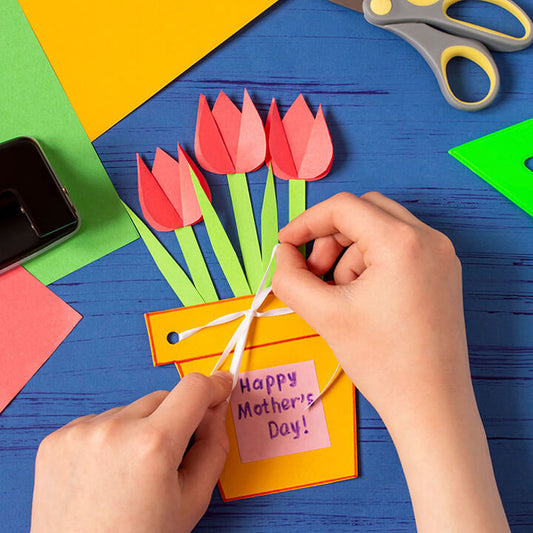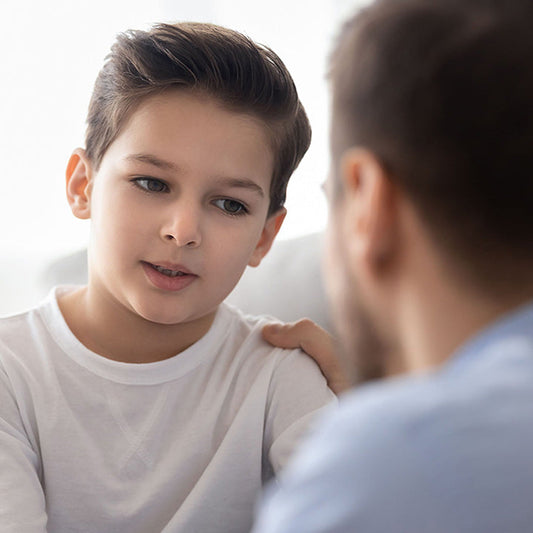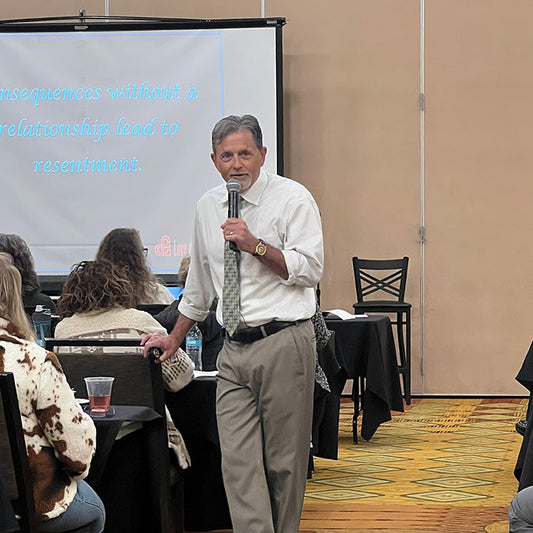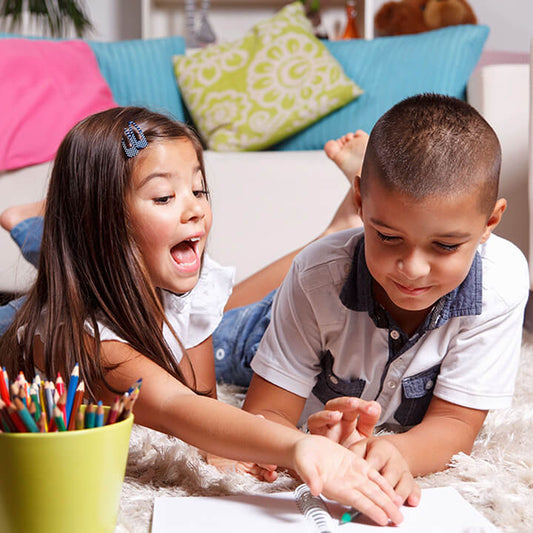Divorce is a difficult and emotionally draining experience. For children, it can feel like their entire world is falling apart. Even during amicable separations, kids often struggle with emotional fallout that can cause mood swings, acting out, school problems, lack of interest, or withdrawal. These are normal signs of the grieving process that can be addressed.
There’s no perfect way to shield kids from the pain of divorce, but the following ten Love and Logic guidelines can ease the process and promote healing. Although we can’t make it “good” in their eyes, we can certainly make it better.
Ten Love and Logic Guidelines for Helping Kids Cope with Divorce

1. Expect kids to handle divorce as well as the adults do
Children take emotional cues from their parents. If the interactions between parents are tense, hostile, or filled with resentment, kids are very likely to mirror those emotions. Parents must model the behavior they want to see from their kids—even when it's challenging. This will let kids see that adults can face difficulties with grace.
2. Let kids know the divorce is not their fault
Some kids feel they are to blame when their parents’ divorce. Some may believe they caused it by misbehaving or not being “good enough.” Parents should let their kids know that the divorce is not their fault and that both parents still love them.
3. Be honest about feelings and observations
Speaking negatively about the ex-spouse backfires. Parents need to tell their kids, without giving details, how they feel about their ex-spouse and why. Accommodating the other parent’s point of view in the discussion is of equal importance. Above all else, your kids should know both parents still love them.
4. Understand your kids’ misbehavior without excusing it
Kids should be encouraged to express how they feel. However, parents should continue to give consequences for misbehavior and disrespect. Remember that the Love and Logic approach is always to deliver empathy before consequences.
5. Give children a support group
Much like adults, kids need to have supportive people around them. Having someone from outside the family for kids to talk to about their parents’ divorce is a good idea. Some parents have school counselors, teachers, peer groups, or friends of the family be the supportive people for their kids.
6. Counseling for parents and children after the divorce can help
Counseling is never a bad idea. When communication is sparse or poor, and distrust is high between the parents, counseling for the parents and kids can go a long way in making improvements.
7. Be available without prying
We’ve all, at times, given answers that we think people want to hear. Kids are no different. Being available for your kids when they need to talk is a great way to keep communication open and honest. Parents must have the attitude of “Tell me your thoughts. I can handle them,” when communicating with their children.
8. Handle issues directly with the ex-spouse
Never give kids messages to pass along to the ex-spouse. Doing so puts them in an uncomfortable position and can lead to misunderstandings. Keep adult conversations between adults.
9. Kids need moms and dads
If you remarry, encourage your kids to call their stepparent “Mom” or “Dad.” Kids won’t forget who their real parent is.
10. The birth parent must back the stepparent in discipline completely
When remarriage occurs, it’s essential to let the kids know that the new parent is a lifetime partner and that they should treat the stepparent with respect.
Divorce can certainly take a toll on everyone involved. In our course, Love and Logic: Keys to Helping Kids Cope with Divorce, you’ll learn practical, proven strategies to help your kids—and yourself—navigate the challenges of divorce.
Thanks for reading!






















